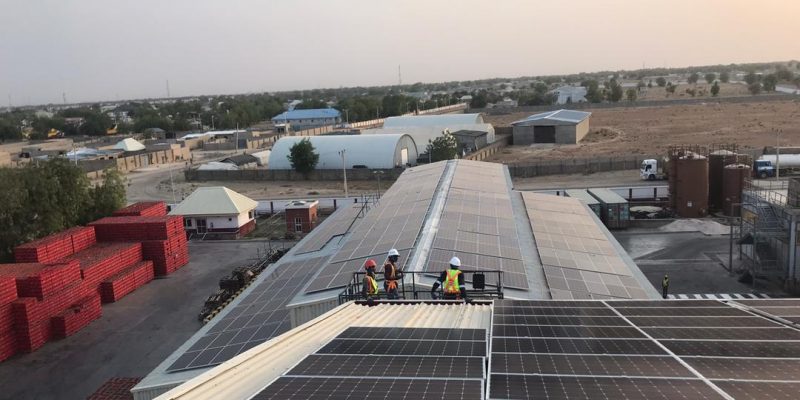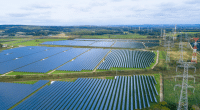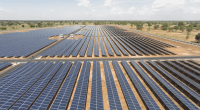Daystar Power mobilizes $38 million from several development partners. The solar off-grid provider will use these funds to expand its activities in West Africa.
In West Africa, the rate of access to electricity is 52% on average, with power cuts of up to 80 hours per month, according to the World Bank’s 2018 report. Daystar Power, a Nigerian supplier of solar off-grids, has since been helping, along with other companies, to fill this gap. To increase the spread of its solution to households in West Africa, the company recently carried out a financial mobilisation that raised $38 million.
This round of financing was initiated by the Investment Fund for Developing Countries (IFU), a Danish development bank with the support of STOA, a French impact fund, and Morgan Stanley Investment Management. With these funds, Daystar Power intends to expand its portfolio of projects in Nigeria and Ghana. The company plans to establish itself in three other countries, namely Ivory Coast, Senegal and Togo. “We will replace expensive and polluting diesel generators with our reliable and cleaner solar power solution. As a result, our installed capacity will increase by 77 MW to a total of 100 MW from the current 23 MW,” says Jasper Graf von Hardenberg, managing director and co-founder of Daystar Power.
Including the previous round of financing (in 2019) from Persistent Energy Capital LLC, a venture capital firm based in New York, USA, and Verod Capital Management, a Nigerian-based investment fund, the amount of capital investment already received by Daystar Power amounts to $48 million.
SunFunder also supports Daystar Power. In February 2020, the financing company, which specialises in solar energy, invested $4 million in the Nigerian company for the production of 3 MWp of electricity in Nigeria. According to SunFunder, this investment will enable this West African country to avoid the emission of 100,000 tonnes of CO2.
Inès Magoum






